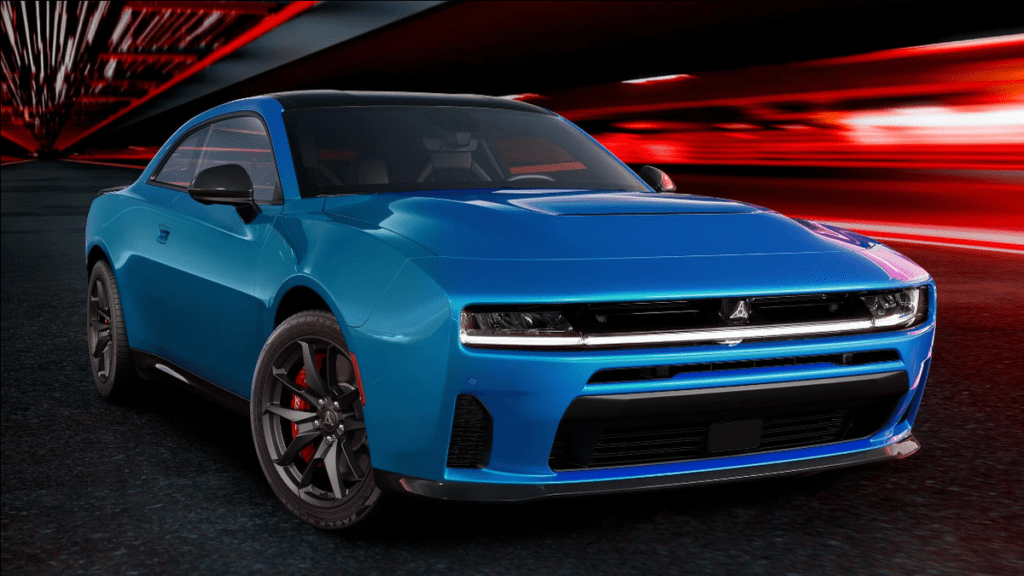Give Me A Break With The Fake Engine Noises

Photo: Dodge
Dodge is out this week with a clip of the new Charger making some kind of noise, Hyundai was pretty widely praised for adding a selection of synthesized engine noises to the Ionic 5 N’s list of beloved attributes and automakers the world over are trying to work out just what an electric car should sound like, emotionally. It’s all deeply embarrassing. They should just sound like electric cars.
Volvo V90 Cross Country First Drive
I’m sure the Charger and the Ionic 5 N are wonderful cars, but pumping fake engine noise over a speaker was dumb when they did it in cars with engines and it’s even dumber in cars with electric motors. It’s inauthentic, fake, a trick.
I’ve been driving a Rivian R1S lately and the real sound of the motors working under hard acceleration is great. The idea that EVs are “silent” is incorrect. They’re not as loud as combustion powered cars when accelerating hard, sure, but they actually make a lot of cool sounds, even if they mostly get buried under too many layers of unnecessary sound deadening:
Ken Block’s ELECTRIKHANA: High Stakes Playground; Las Vegas, in the Audi S1 HOONITRON
Ford SuperVan 4 EV (2000HP) – Accelerations, Launch, Donuts, Sounds @ Goodwood Festival of Speed!
I also don’t think that EVs are notably more quiet than most gas cars at neighborhood speeds, so I don’t even know if making fake sounds is a real benefit to pedestrians.
I don’t care about the specific sounds of a combustion engine. What I really want is to hear what the real machine is doing—regardless if that sound is the whine of a gearbox or an electric motor or an engine. Instead of going through all the trouble to develop these inauthentic sounds, maybe just pull the sound sound deadening out and call it a day.



